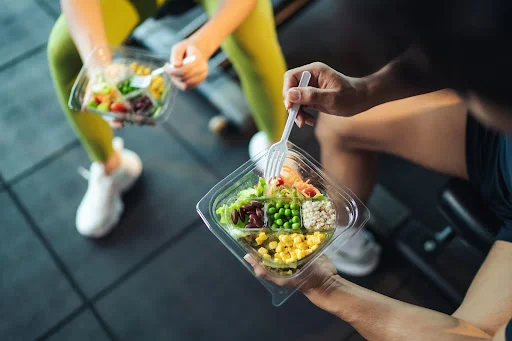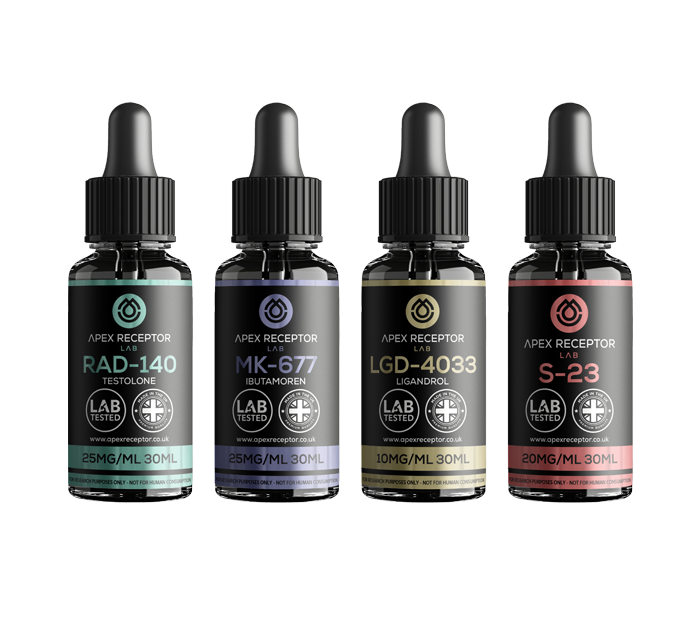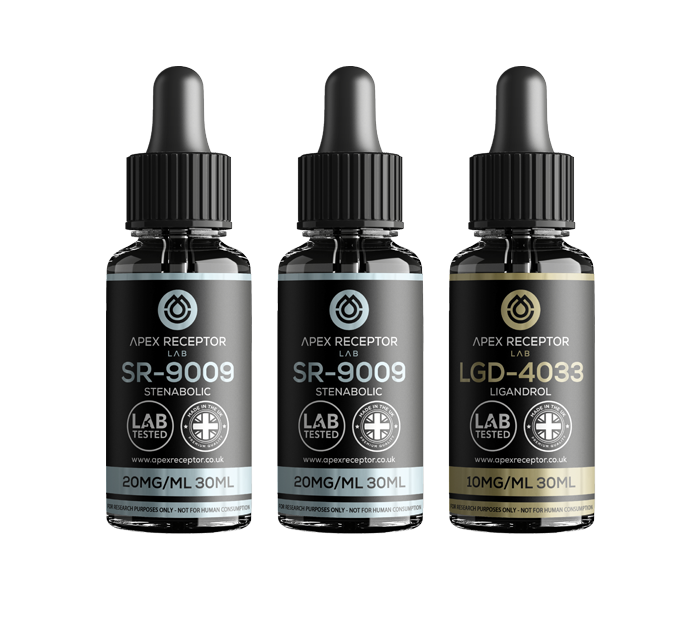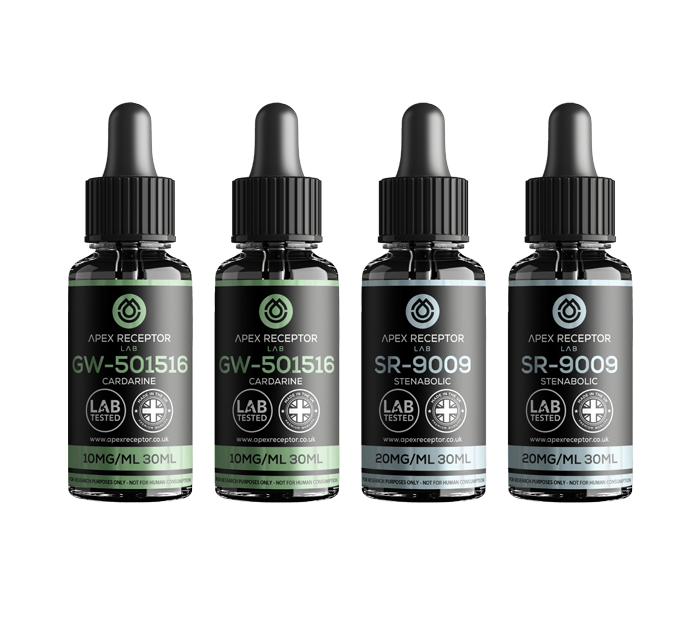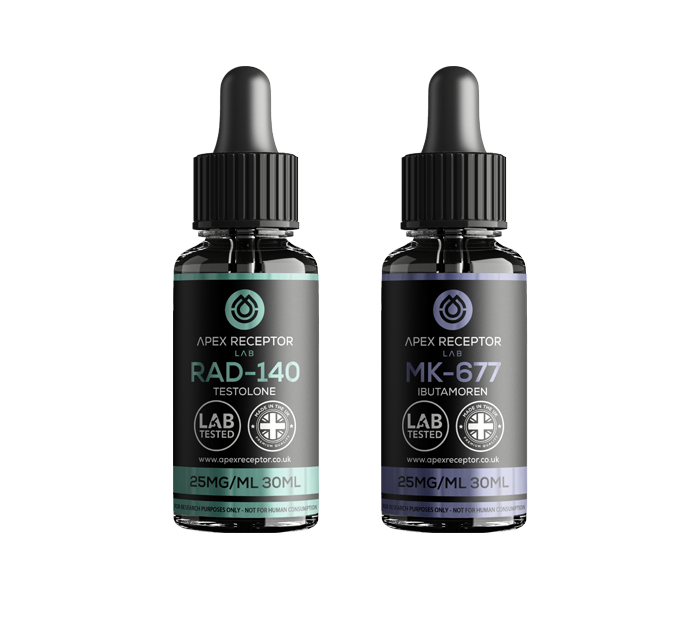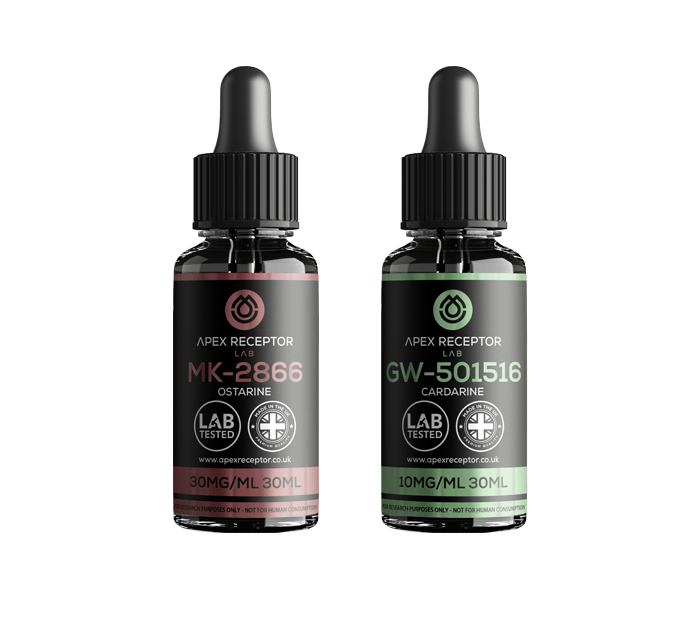Bodybuilding is an investment in yourself that takes physical dedication at the gym and discipline through nutrition. Good nutrition is essential in helping to develop lean muscle mass, reduce body fat percentage, and maintain overall health and wellness.
Eating correctly while bodybuilding means focusing on nutrient-dense protein sources, adding complex carbs, throwing in lots of leafy greens, aiming for healthy fats, and ensuring enough hydration throughout the day.
You can also boost your training goals with shakes or muscle-building supplements like Creatine or Ibutamoren. Choosing the right foods to build muscle mass depends on where you are in your training plan, so let’s take a look at where you need to start.
Basic Bodybuilding Nutrition
Bulking vs Cutting
Bodybuilding is a sport that focuses on building the physique rather than physical strength. To do this, bodybuilders follow an off-season and in-season cycle known as bulking and cutting. During the bulking phase, which can last months to years, bodybuilders increase their calorie intake with a healthy bulking diet high in protein and lift weights intensely to build as much muscle as possible.
The following cutting phase consists of losing fat while maintaining muscle. This usually takes place over 12 to 26 weeks with specific changes in exercise and diet.
Regular exercise and a nutrient-dense, portion-controlled diet for bulking are essential for long-term sports success. Supplements also provide the necessary nutrients to recover from intense workout sessions and promote overall fitness gains.
Begin by Calculating your Caloric Needs
Calories are increased during the bulking phase to help achieve maximum muscle gains. The number at which they increase can vary depending on the individual’s goals and level of physical activity.
In a 2019 research review, it was suggested that the goal of a good bulk is to slowly increase your calories by about 10-20% over the course of multiple weeks. This helps to ensure that your muscles get the energy they need from all sources, such as carbohydrates, fats, and proteins. It also limits unwanted fat gain typically associated with bulking phases, as extra calorie intake without adequate exercise will result in excess fat storage rather than muscle gain.
To determine how many calories you need each day, try using a calorie calculator.
Macronutrient Balance
Macronutrients are the main building blocks of our diets — protein, carbohydrates, and fat — and knowing how to achieve the proper balance of each can make or break your progress. You’ll need to adjust your daily calorie intake depending on whether you’re in a bulking or cutting phase; however, the basic ratio of macronutrients stays relatively constant through all phases.
Experts generally recommend that 25-30% of your calories come from protein, 55-60% from carbohydrates, and 15-20% from fat. It is particularly important to consume protein during the bulking phase. Lean mass is built and maintained by amino acids.
Best Foods for Bulking
Foods recommended for athletes in the bulking phase include lean meats such as:
- sirloin steak
- ground beef
- poultry such chicken breast or pork tenderloin,
- seafood like salmon or tilapia,
- dairy products (yogurt, low-fat milk and cottage cheese),
- grains (bread, rice, oatmeal crackers etc.),
- fruits (oranges, apples, grapes etc.)
- nuts
A lean bulking diet like this helps provide your body with enough energy to build muscle mass while managing weight without sacrificing essential vitamins and minerals in healthy foods. Eating specific types of food and adjusting meal timing will also help you manage your energy levels throughout a workout so that fatigue does not become an issue.
Sample Meal Plan
People often consider diets restrictive, with bland meals that lack variety. This could be true if your diet is limited to a few food choices without changing them up – but you can eat a whole range of foods while on a diet for bulking.
Without a balanced and varied diet, essential nutrients such as vitamins and minerals are not adequately absorbed into the body – especially important when in a cutting phase due to lower caloric intake. A great way to ensure you get all the nutrition you need while bodybuilding is by meal planning with lots of variety, like this bulking diet plan example:
Breakfast | Three scrambled eggs with 70 grams of smoked salmon, cherry tomatoes, spinach, and red pepper. 25 g Brazil nuts. |
| Snack | Protein shake with 30g whey protein powder and 200 ml semi-skimmed milk. One small banana. |
| Lunch | Chicken (approx 200g), avocado and tomato sandwich on wholemeal bread. Three salt and vinegar rice cakes. |
| Snack | 25g almonds. |
| Dinner | Grilled salmon and vegetables. |
| Snack | 30g whey protein powder mixed with 100g low-fat Greek yoghurt and one small banana. |
Calories: 2,482 Protein: 238g Carbs: 142g Fat: 109g
Vegetarian Bulking Food
A vegetarian bulking diet can be confusing for veggie athletes who need to make strategic food choices to get enough calories and meet their nutritional needs.
Fortunately, plenty of delicious vegan foods can help you reach your weight gain goals while remaining healthy and balanced. From peanut butter, avocado, and tofu, to nuts, seeds and beans, you can use many vegan-friendly options as part of any meal plan or snack.
These 11 high-calorie vegan foods provide great protein and essential fatty acids for healthy weight gain:
- Nuts and nut butter
- Avocado
- Quinoa
- Tahini
- Olive Oil
- Dried Fruit
- Legumes
- Sweet Potatoes
- Smoothies
- Rice
- Coconut Oil
What Not To Eat When Bulking
First and foremost, stay away from sugary snacks and treats. This includes anything made with white sugar or pure glucose syrup – cakes, chocolate bars, doughnuts, pastries – you get the idea. Not only will these add unnecessary calories to your diet, but they also lack essential nutrients that support your progress.
Second, avoid processed meats like bacon, ham and sausage as these are high in saturated fats and sodium, stunting muscle growth. Red meat isn’t off limits, but it does need to be consumed carefully – try to opt for leaner cuts like sirloin and look for sources of grass-fed beef where possible.
Lastly, avoid fried foods such as french fries, pizzas, and onion rings, as they provide little nutritional value while being loaded with unhealthy fats. Similarly, alcohol should be avoided if possible due to its dehydrating effects – stick with water, tea and other non-alcoholic drinks instead.
How To Bulk Up Faster
Bodybuilding supplements are essential to a weightlifting regime to see the fastest results. If you don’t know where to start, check out a bodybuilding supplement checklist.
The most popular supplements are:
SARMs: One of the main reasons for using SARMs is if you hit a plateau in your bodybuilding goals and need something more potent. Testolone RAD 140 is one of the most popular SARMs for bulking up. It’s been used to treat muscle-wasting diseases without the side effects associated with anabolic steroids.
Testolone directly stimulates muscle cells to encourage testosterone production and boosts endurance, stamina, and speed. It encourages strength gains and lean muscle growth safely and effectively and is also known to increase libido and improve cardiovascular health.
Using a SARMs stack will also help to maximise gains in a shorter period.
Whey protein: After exercise, your body needs quick, efficient delivery of amino acids to help build new proteins — and that’s where whey protein comes in. As one of the complete dietary protein sources, whey provides about 25 grams per serving and digests quickly.
Creatine: This supplement increases the energy produced within cells, allowing them to take on more workload or recover from intense activities much faster. Creatine can also improve cognitive functions such as memory, focus and overall mental clarity.
Muscle-building supplements can make all the difference in reaching your fitness goals. They can give you everything you need for optimal performance during resistance training sessions – but remember to always adhere to recommended doses and eat a nutrient-rich diet!

